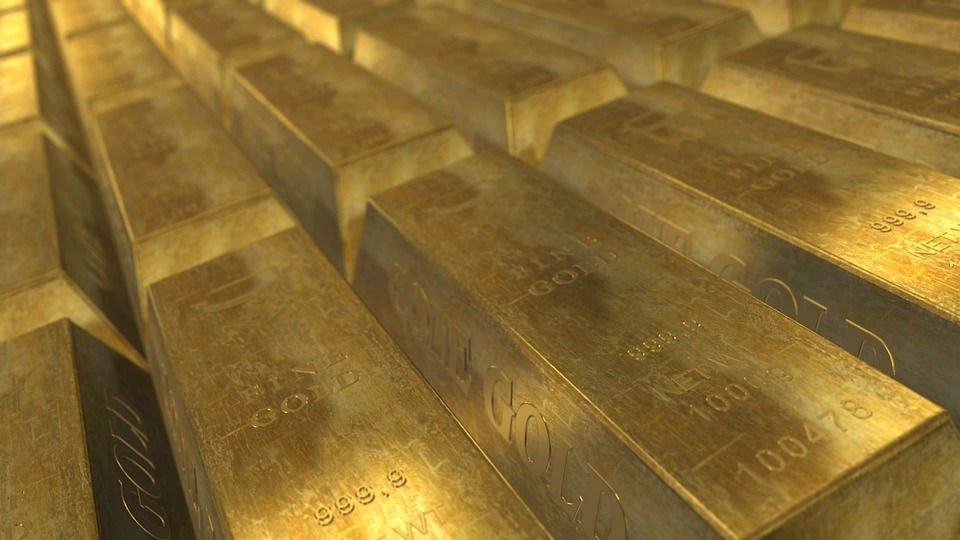Gold’s Moment Of Truth: It Happened Over 13 Years Ago. It’s About To Happen Once More

Image Source: Pixabay
“I’d throw dollars out of helicopters if I had to, to stimulate the economy.”
~ Ben Bernanke, Federal Reserve Chairman, 2006 – 2014
Gold’s moment of truth already happened.
Over 13 years ago, central banks proved gold’s value.
(These are the people who are supposed to be manufacturing trust in their fiat system more than gold as an “asset” class.)
Instead of selling gold, they started buying…
And ever since, it hasn’t stopped because bankers knew what would happen…

After the United States Federal Reserve started buying up their own debt via quantitative easing the world’s three largest emerging economies started buying gold – Russia, China, and India.
They’ve all accounted for the majority of gold purchases, which was a rational response to the United States’ choice to inflate the dollar.
While the other half of the world followed the Federal Reserve into debt heaven (or hell, make your choice) with interest rate cuts galore.
Emerging economies had had enough.
From 2008 on, global central banks have bought gold roughly following interest rate movement for the past 16 years.
Yes, gold bugs have been buying gold much longer.
And they’re about to be proven right.

If you look at the chart above, you can see the amount of interest rate cuts globally over the past several months.
When the Federal Reserve decides to start cutting rates…
It’s looking like they will with inflation supposedly down and unemployment rising fast…
We will likely see more gold buying by central banks around the globe.
If you were looking for a time to buy physical gold, it’s probably best to buy before central banks scoop up the majority of the market in the several years.
Best would be to learn from gold’s moment of truth over 15 year ago.
Interest rate cuts may be coming fast, but then again so will increased central bank gold buying.
More By This Author:
The REPO Act: A Precursor to the Dollar’s Downfall
Buffett Indicator Nears New High
Is the USD Really Too Big to Fail?



